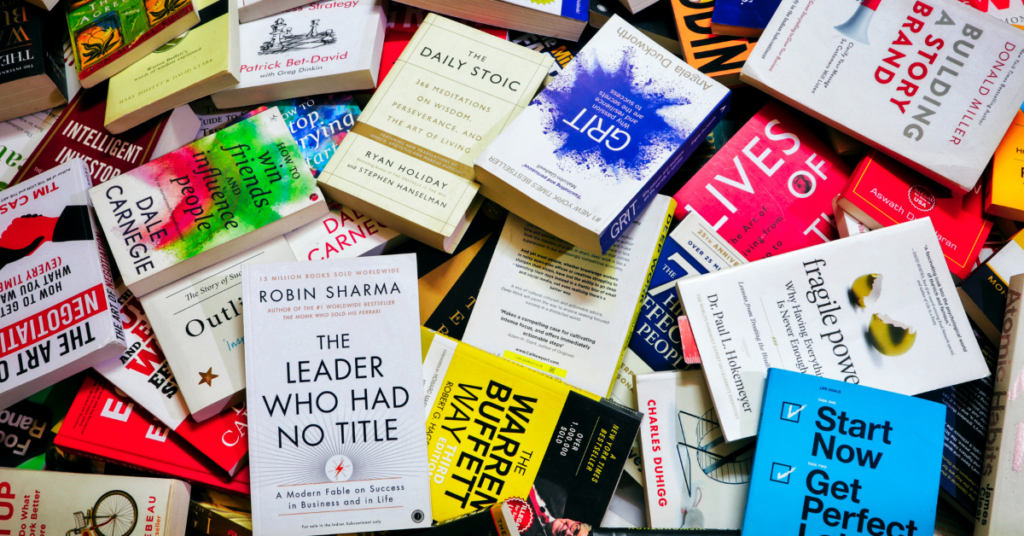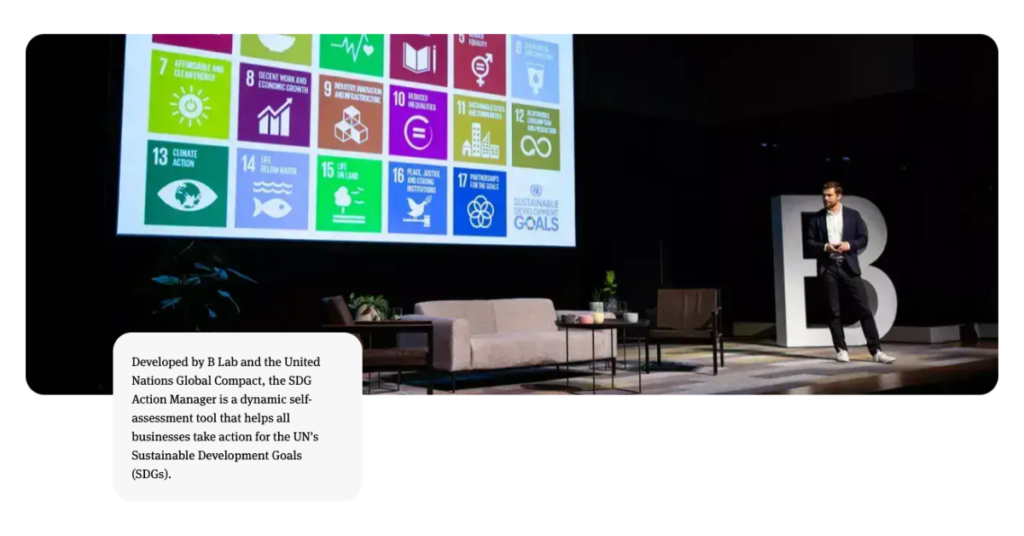When you look around at the growing B Corp movement, at the 4,700 businesses across 150 industries, who are committed to doing better business – it can be hard not to pinch yourself at times.
A community brimming with entrepreneurship, innovation and vast creativity, with myriad new ways of doing things and looking at challenges – we are uniquely and consistently aware of how much there is to learn from others in the movement.

Photo by Shiromani Kant on Unsplash
Certified as a B Corp in 2016, The Social Deck are specialists in creating innovative local change. They do this through community engagement, participatory design, communication and behaviour change, helping organisations tackle local issues and implement innovative ideas.
Their work requires deep listening, and the ability to take what you’ve heard, learn from it, and then implement it in a tangible sense to make a dent in some of the world’s biggest challenges. It’s no small feat.
However, some of The Social Deck’s biggest learnings about impact and better business have come at the hands (or mouths) of other Bs. Taking us Behind The B to share some of those pearls of wisdom is Practice Manager, Patrick Wuertz. Now would be a good time to grab a cuppa.

Photo by Anh Nguyen on Unsplash
The times are a changin’
Throughout the past 50 years, we’ve seen a shift from the idea that corporations should be all about profit and shareholder dividends as embodied by Nobel Prize winner Milton Friedman’s 1976 quote: “The business of business is business.”
Instead, business should be geared towards greater interest in things like environmental impact, employee protection and social good. More and more companies are coming to understand that socially and environmentally responsible business gets results.
Consumers are turning their back on unethical companies and investors are seeking out businesses that are not just doing well but who are actually doing good.
B-eing part of that change
Right now, there are over 450 different sustainability-related certifications, badges and labels available to organisations, according to the EcoLabel Index. Of course, that includes B Corp certification, which is more holistic and rigorous than most.
So, when I began working at The Social Deck in 2021, I was drawn in by the company’s status as a B Corp and their purpose-driven vision and mission.
Here, I get to be part of an engagement consultancy that helps people to create positive change in their communities, that gives back its time and re-invests its profits for social and environmental good. I get to be part of a social business that prioritises inclusion and accessibility, and that only takes on projects that contribute to achieving the UN Sustainable Development Goals.
Seeing this values-driven enterprise in practice, I was curious to learn more from other companies that commit to positive social and environmental impact, and their interpretation of “the business of business”, as Friedman puts it.

Learning along the way
As part of my MBA thesis, I had the opportunity to interview a number of B Corps about the way they do business. I was fortunate to hear from eight amazing businesses who walk the talk of doing good in the world, and it reassured me that we can live in a world where the interests of shareholders and of other stakeholders truly can align.
Here are five other things I picked up from B Corps about what it means to wear the ‘B’ with pride:
1. Standing for social impact attracts talent
Even in the highly competitive finance and tech job markets – the ones that people usually associate with dollar-driven careers – being a B Corp can help you stand out as an employer of choice.
Sharesies, an investment platform in Aotearoa New Zealand that makes investing easy and accessible, told me they went from just under 50 staff to over 200 and had their user numbers grow to 500,000 in just two and a half years.
While correlation is not causation, being able to display the B Corp badge and back that up with a culture that stands for good, certainly helped to attract the right talent.
That talent was then also aligned with the values and purpose of the company, meaning recruitment and on-boarding were more efficient too.
2. Certification helps you show stakeholders they can trust you are who you say you are
People want to be able to trust the authenticity of your advertised values and mission, and we know why they often don’t. I saw this with Melbourne-based company WholeKids, who produce organic, plant-based food for toddlers and children. They actively used their ethical business model and B Corp certification to attract value-aligned investors in their last two rounds of crowdfunding.
It reinforces what I have also heard from other B Corps – that these kinds of non-financial factors are part of the risk and growth analysis that can be key to decision-making about investment potential.
3. Certification can help you identify potential clients and partners who share your values
Sonja Ceri from Four Drunk Parrots, a purpose-driven marketing agency based on Arakwal land in Byron Bay, told me that the thorough and comprehensive vetting process companies go through for their B Corp certification means you can trust them.
Certification is like a trustworthy auditing system that tells you immediately the company is value-aligned and mission driven.
This means that B Corps easily lend themselves to building business-to-business relationships that grow collective impact.
4. B Corp certification is a way to “grow better”
This was my favourite quote throughout my research, from BioPak’s Head of Sustainability, Lea Maguero. Putting a qualitative measure on economic growth is the best counter-argument to Friedman’s interpretation of making business.
Yes, B Corp certification is aimed at for-profit organisations, and growth is part of any economically sustainable business. However, it’s the balance between profit and purpose that reduces inequality and poverty, creates a healthier environment and supports our workforce.
5. Being a B Corp is not about being perfect, it’s about committing to better
The people I got to speak to admitted that their companies are still learning, growing and improving, be it their processes, systems, supply chains, products, and more, so they can build purpose and impact effectively and sustainably into their businesses.
These people advocate for becoming part of the B Corp community, not just to grow and do better as an organisation, but to strengthen the entire ecosystem of social enterprises and for-purpose businesses.
This commitment, not to perfection, but to perpetual growth and collective impact enables the community to influence social and environmental topics for the better, from public policy and consumer awareness.
Thank you to Patrick Wuertz and The Social Deck for this insightful piece, published as part of B Corp Month 2022, as we invite you #BehindTheB to uncover what makes a B Corp a better business. Learn more about The Social Deck’s work or find out more about the B Impact Assessment and how your business can get on the path to purpose.
Check out the video below for more #BehindTheB action with The Social Deck.

